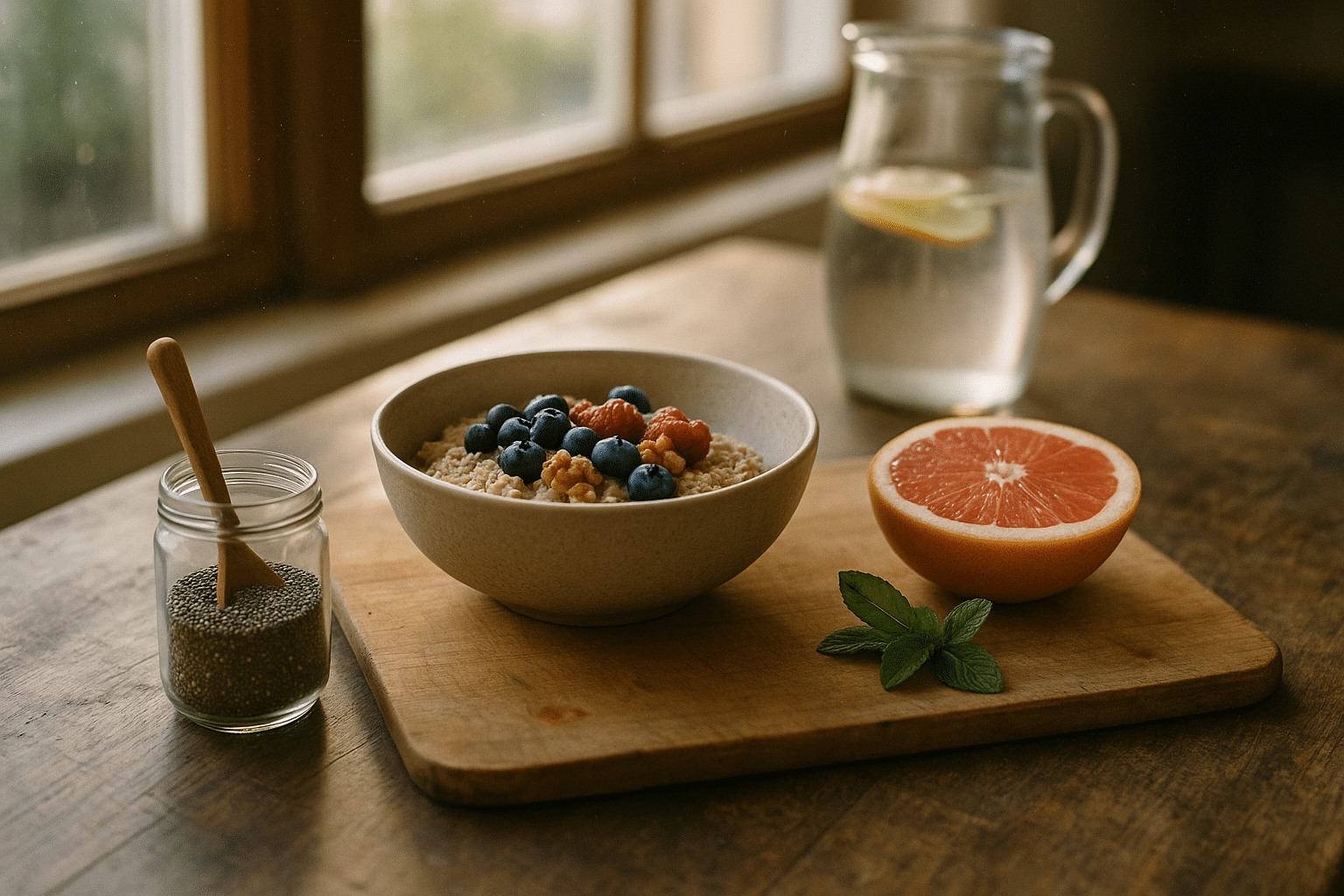
Nutrition Myths in Fitness: What to Believe
Navigating the world of fitness nutrition can feel like walking through a maze of myths and misconceptions, with each twist and turn promising a new “truth” about what to eat for optimal performance.
In the realm of fitness, nutrition myths can often overshadow evidence-based practices, leaving many confused about what truly benefits their health and performance. This blog aims to shed light on some common myths, backed by expert insights and research.
Common Nutrition Myths in Fitness
Myth 1: Carbs Are the Enemy
Carbohydrates have been unfairly vilified in many fitness circles. However, they are a crucial energy source, especially for high-intensity workouts. According to the Academy of Nutrition and Dietetics, carbs are essential for replenishing glycogen stores, which fuels your muscles during exercise.
Myth 2: High Protein Equals More Muscle
While protein is necessary for muscle repair and growth, excessive intake doesn’t automatically translate to increased muscle mass. Dr. Stuart Phillips, a leading researcher in protein metabolism, emphasizes a balanced diet and regular strength training as more effective for muscle development.
Myth 3: Supplements Can Replace Whole Foods
Supplements should complement, not replace, a balanced diet. Whole foods provide a range of nutrients that work synergistically, which supplements often cannot replicate.
Consider consulting a registered dietitian to tailor your nutrition plan to your fitness goals and dietary needs.
Understanding Nutrition Labels
| Nutrient | Recommended Daily Value | Role in Fitness |
|---|---|---|
| Protein | 50 grams | Muscle repair |
| Carbohydrates | 275 grams | Energy source |
| Fats | 70 grams | Hormone production |
| Fiber | 30 grams | Digestive health |
| Sodium | 2,300 mg | Fluid balance |
| Calcium | 1,000 mg | Bone health |
| Iron | 18 mg | Oxygen transport |
| Vitamin D | 20 mcg | Bone health |
Actionable Tips for Busting Myths
- Consult credible sources like registered dietitians or academic journals.
- Focus on a balanced diet that includes all macronutrients.
- Evaluate the role of supplements carefully and seek professional advice.
Frequently Asked Questions
Can I eat carbs and still lose weight?
Yes, carbs can be part of a balanced diet that supports weight loss when consumed in appropriate portions.
Is protein powder necessary for building muscle?
Protein powder can be a convenient source of protein, but it’s not essential if you meet your protein needs through whole foods.
Conclusion
Debunking nutrition myths is crucial for making informed decisions that genuinely support your fitness goals. Focus on a balanced diet, stay informed through reliable sources, and consult professionals to guide your nutrition journey. For more insights, explore other articles on our content portal.


